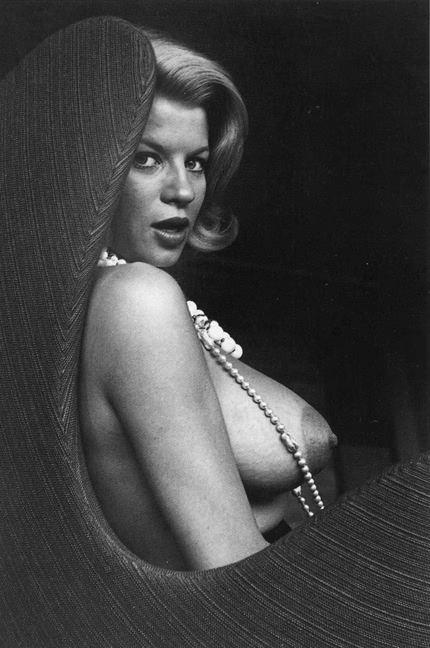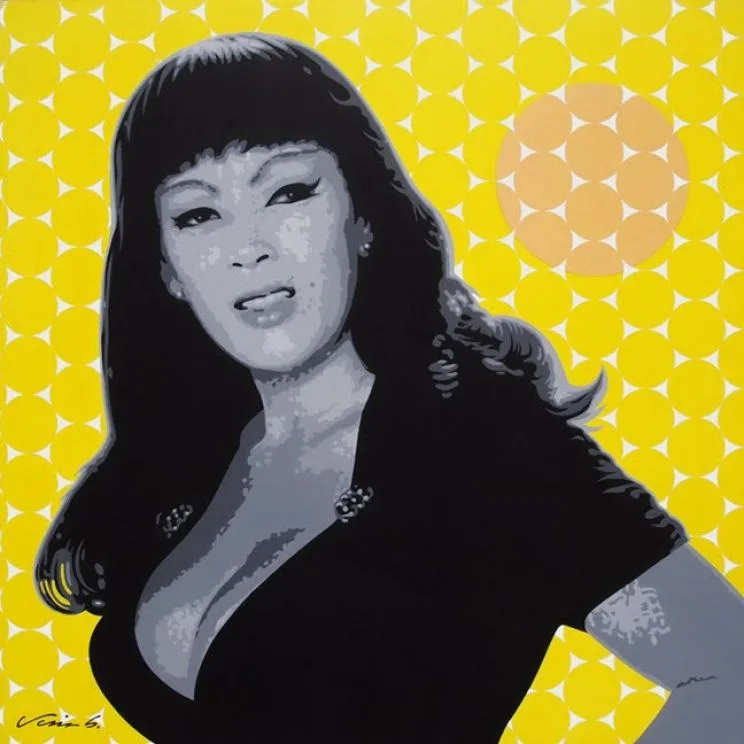The Mysterious Veronica Reed: From Groucho Marx to Cult Film Stardom

The Mysterious Veronica Reed: How a Game Show Sparked a Cult Legacy
When I first discovered The Mysterious Veronica Reed in a 1961 episode of Groucho Marx’s You Bet Your Life, I had no idea I was witnessing the birth of a Hollywood mystery. On May 11, viewers met a witty, beautiful blonde claiming to be a Swedish beauty queen. But behind the quips and charm was the carefully staged debut of one of cult cinema’s most enigmatic figures.
Who Was the Mysterious Veronica Reed on Groucho Marx’s Show?
On that fateful night, Veronica Reed introduced herself as a Stockholm-born model who had won “Miss Australia.” She told Groucho her nickname was “Ronnie” and that she dreamed of meeting a man with a “superior interior.” Groucho teased her, the audience laughed, and the moment seemed authentic.
But as vintage TV historians later discovered, Veronica Reed’s story was full of holes—and that was only the beginning.
Was Veronica Reed’s Beauty Queen Story Real?
The truth unraveled quickly. No Miss Australia winner between 1950 and 1962 had Veronica’s name—or anything close. Her surname didn’t match Swedish naming traditions either. Instead of a crown, Veronica carried a collection of identities that she used to navigate Hollywood.
What Was Veronica Reed’s Real Name?

The woman known as The Mysterious Veronica Reed was actually Veronica Ericson, a model and actress who reinvented herself with multiple aliases, including:
- Veronica Erickson
- Ingrid Erickson
- Erica Ericson
- Veronica Reed
- Bambi May
By 1961, she had already appeared in men’s magazines like FLING and Adam. Her appearance with Groucho wasn’t her introduction to fame—it was a bold publicity move.
What Films Did Veronica Reed (Ericson) Star In?
Veronica’s screen career may have been brief, but it made her a cult figure. Her credits included:
- 1961: Rumored bit part in Elvis Presley’s Blue Hawaii
- 1963: Europe in the Raw (Russ Meyer)
- 1964: Fanny Hill (credited as Erica Ericson)
- 1970: Beyond the Valley of the Dolls (Russ Meyer’s cult classic)
Each role was different, and each alias allowed her to shift between modeling, acting, and underground stardom.
Was Veronica Reed Really Swedish?
This question remains unanswered. While her “Swedish beauty queen” backstory was almost certainly fabricated, magazines throughout the 1960s hinted at Scandinavian origins. Others claimed she was from Manhattan or Indiana. Even her birth date (often listed as August 16, 1944) is debated.
Her mystery only grew as her career faded, making her one of Hollywood’s great enigmas.

Why Did Veronica Reed Use So Many Aliases?
For Veronica, identity was performance. She used each name strategically:
- Veronica Reed → the wholesome contestant for mainstream TV
- Bambi May → the daring pin-up model
- Erica Ericson → the actress in cult films
This reinvention wasn’t deception—it was survival in Hollywood’s competitive landscape.

Why Does the Mysterious Veronica Reed Still Matter?
By the mid-1970s, Veronica Ericson disappeared from public life. But her impact lived on in cult cinema circles. For film historians, The Mysterious Veronica Reed represents not just an actress, but a symbol of Hollywood’s ability to blur fact and fiction.
Her appearance with Groucho Marx wasn’t just a game show segment—it was the opening act of a career built on mystery, reinvention, and allure.
Final Thoughts
Even now, no one can say for certain who Veronica Reed truly was. And maybe that’s the point. Watching her on You Bet Your Life feels less like watching a contestant and more like witnessing an origin story—one that still intrigues fans of classic television and cult cinema.
For me, that’s the magic of The Mysterious Veronica Reed: she reminds us that sometimes the best performances aren’t in movies, but in life itself.
Veronica Ericson
Born in 1944 in the USA, the actress known for “Beyond the Valley of the Dolls” (1970), “Russ Meyer’s Fanny Hill” (1964) and “Most Wanted” (1997)
Movies:
Europe in the Raw (1963)
Fanny Hill (1964)
Beyond the Valley of the Dolls (1970)























